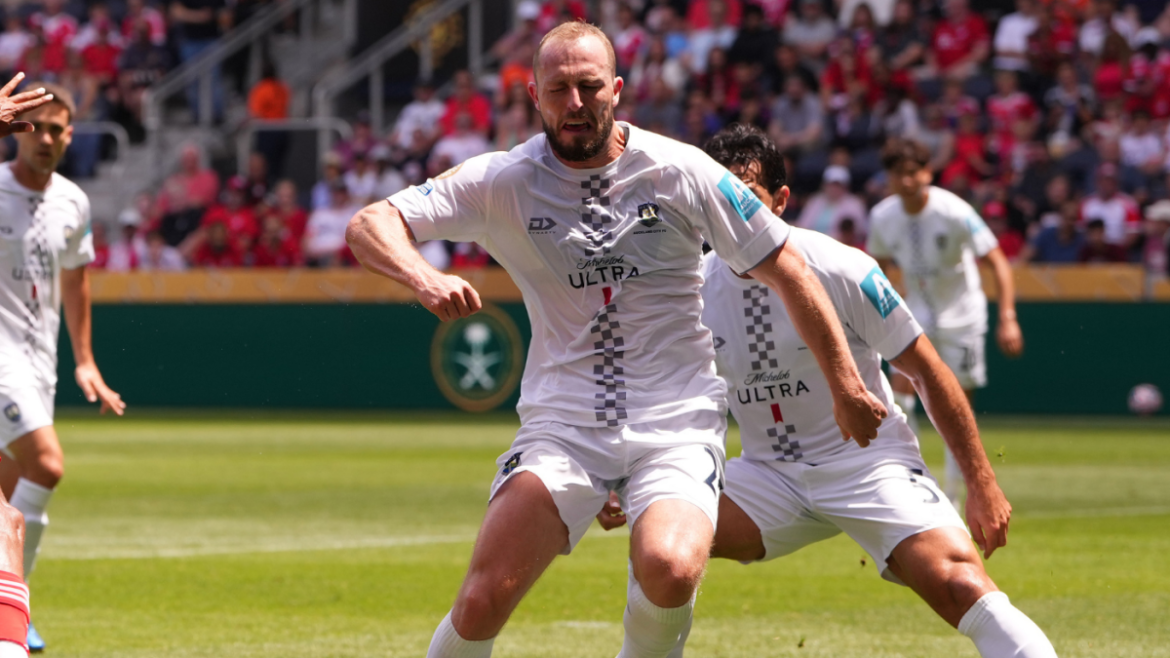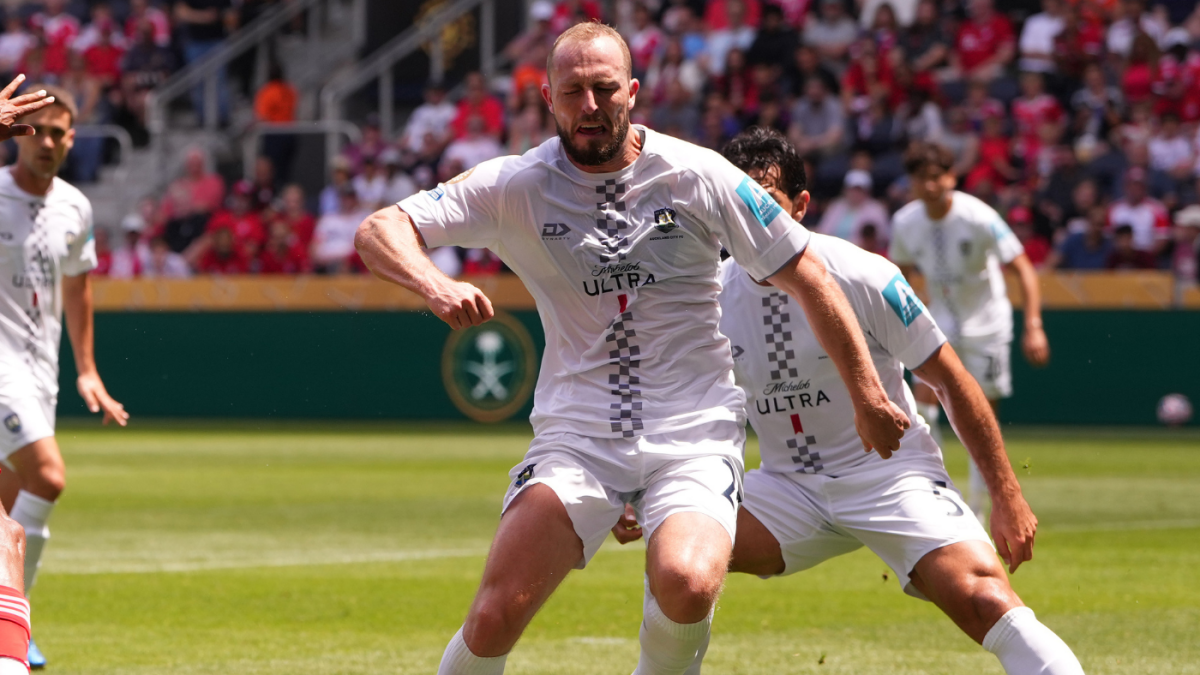Auckland City at the FIFA Club World Cup: The Triumph and Trial of the Semi-Pro Underdogs
The recent FIFA Club World Cup presented a spectacle that captivated the football world, not simply for the sublime dominance of Bayern Munich but for the unique story of Auckland City—the semi-professional, largely amateur club that stood as an emblem of passion and persistence on football’s grandest stages.
Spotlight on a David vs. Goliath Tale
Auckland City’s 10-0 defeat by Bayern Munich was a harsh lesson in disparities of footballing riches and professional depth. Bayern Munich, a behemoth club valued over a billion Australian dollars and boasting world-class talents like Harry Kane and Jamal Musiala, pulverized a team made up of part-time players and amateurs. This disparity was starkly clear: Auckland City’s goalkeeper Conor Tracey, who juggles his time between football and a day job in a veterinary supply warehouse, faced an onslaught no club of semi-professional status could realistically contend with.
Yet, beyond the headline score, the story resonates far deeper. Auckland City represents the heart of football across the globe—the 95% of players who practice the sport for love, balance it with ordinary jobs, and participate in leagues that exist far from the glimmering floodlights of top European stadiums.
The Challenge of a Rapidly Expanding Club World Cup
The 2025 tournament marked a significant evolution, shifting from a modest seven-team event to an expansive 32-team competition incorporating giants like Real Madrid and PSG alongside clubs like Auckland City. This enlargement sought to globalize and democratize the competition but inadvertently exposed stark imbalances. The result was a tournament where professional juggernauts meet part-time amateurs—creating mismatches dragged into the glaring spotlight.
Auckland City’s history in the Club World Cup is notable; as 13-time Oceania Champions League winners, the club has long been a mainstay of the event, even finishing third in the 2014 edition. Their presence underscores the Oceania confederation’s place in global football, yet this year’s encounter exposed the ceiling for semi-pro sides amid the tournament’s heightened scale.
Beyond the Scoreline: Auckland City’s Impact and Resolve
Despite conceding ten goals, Auckland City managed to keep Harry Kane—one of the world’s elite forwards—goalless, a fact that surprised many given the gulf in class. Their goalkeeper’s seven saves highlight moments of resistance and skill amidst overwhelming odds.
The players—even amid such a one-sided result—refused to see their participation as futile. They embody the spirit of football as a worldwide game beyond glitz and glamour. The team’s assistant coach spoke proudly about representing the vast majority of footballers worldwide, those whose dreams and efforts fuel the sport’s grassroots and community essence.
Auckland City’s involvement also renders a cultural and sporting value that transcends wins and losses: humility, dream-chasing, and the broadening of football’s inclusivity.
The Debate Over Structure and Fairness
This encounter reignited questions surrounding the Club World Cup’s format and the logic of pitting fully professional, globally renowned clubs against amateur or semi-professional teams. Critics argue that such mismatches do a disservice to both the players and the sport. While Auckland City belongs in the tournament as Oceania’s champion, the scale and prominence afforded by the new format magnify the embarrassment and physical toll on smaller clubs.
The players’ union and various stakeholders have even raised legal and ethical concerns about competitive fairness. Is there an adaptive middle ground? Should there be tiered entrances, handicaps, or pre-qualifying rounds to mitigate such disparities? These remain open questions in a rapidly globalizing football landscape.
Auckland City’s Legacy and Future Prospects
Auckland City’s enduring presence at the Club World Cup—more than any other team—cements their status as pioneers of amateur success on the international stage. The club’s resilience, community roots, and occasional famous runs spotlight the unpredictable magic that football can offer.
While their 10-0 defeat is a historic low point in scorelines, it also serves as a catalyst for reflection on how international tournaments can evolve to remain competitive, fair, and globally inclusive.
The players, coaches, and supporters all take pride in the club’s unwavering commitment to representing their region and embracing the challenge—no matter how daunting.
—
Conclusion: More Than a Scoreline—A Testimony to Football’s Heart
Auckland City’s journey through the 2025 FIFA Club World Cup, culminating in a record 10-0 loss against Bayern Munich, embodies both the appeal and challenge of football’s increasingly global stage. While the result underlines the immense divide between professional giant and semi-pro challenger, the amateur team’s very presence reminds us of the sport’s broader narrative: one of dreams, community, and the passion that powers millions outside of blinding stadium lights.
The Club World Cup format test confronts global football with a question increasingly urgent—how to celebrate excellence while preserving fairness and dignity across the diverse spectrum of the beautiful game. Auckland City’s story is a call for a football landscape that embraces all levels with respect and thoughtful competition, honoring the sport’s roots as much as its dazzling future.





